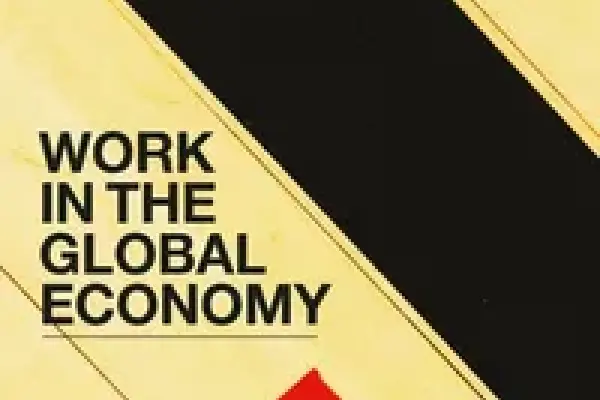03.09.2025

Hybrid forms of work bear many challenges and ambivalences. Foremost, the increase in hybrid work strikingly questiones established routines of collaboration, communication, and control over work processes. The article argues that bureaucratic forms of control have faded which led to a large variety of new work processes and created uncertainty, stress, and discontent among employees. In this state of „anomy" - the established overarching rules and routines being no longer in place - we find a re-personalization of control, characterized by increased power of line managers. The findings apply to other hybrid work arrangements since hybrid work changes communication patterns, which undermines the development of stable routines and shared norms.
Continue reading
Hybrid forms of work bear many challenges and ambivalences. Foremost, the increase in hybrid work strikingly questiones established routines of collaboration, communication, and control over work processes. The article argues that bureaucratic forms of control have faded which led to a large variety of new work processes and created uncertainty, stress, and discontent among employees. In this state of „anomy" - the established overarching rules and routines being no longer in place - we find a re-personalization of control, characterized by increased power of line managers. The findings apply to other hybrid work arrangements since hybrid work changes communication patterns, which undermines the development of stable routines and shared norms.
Continue reading